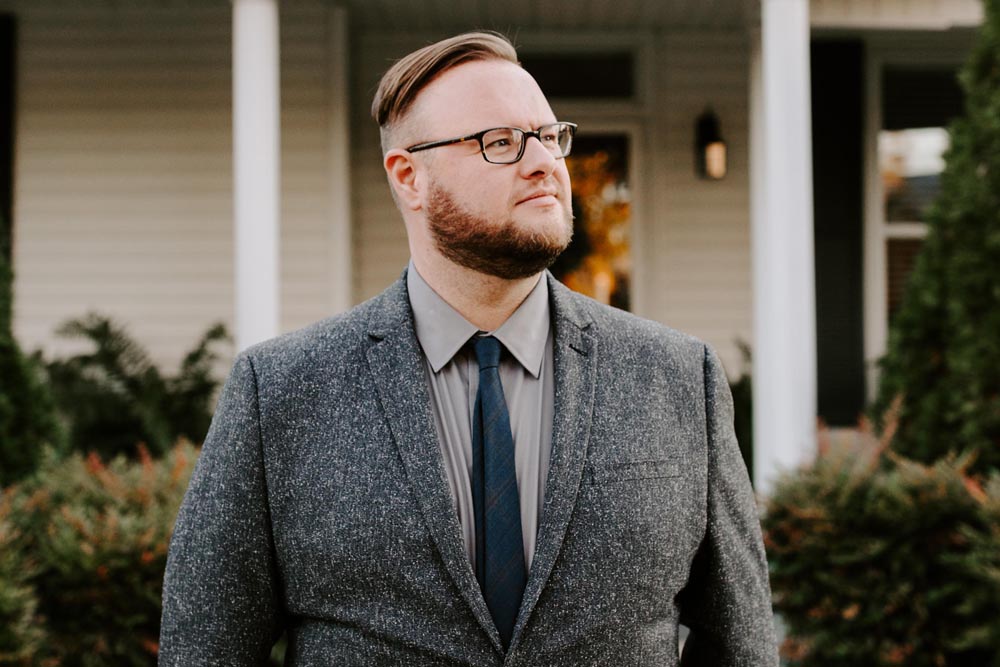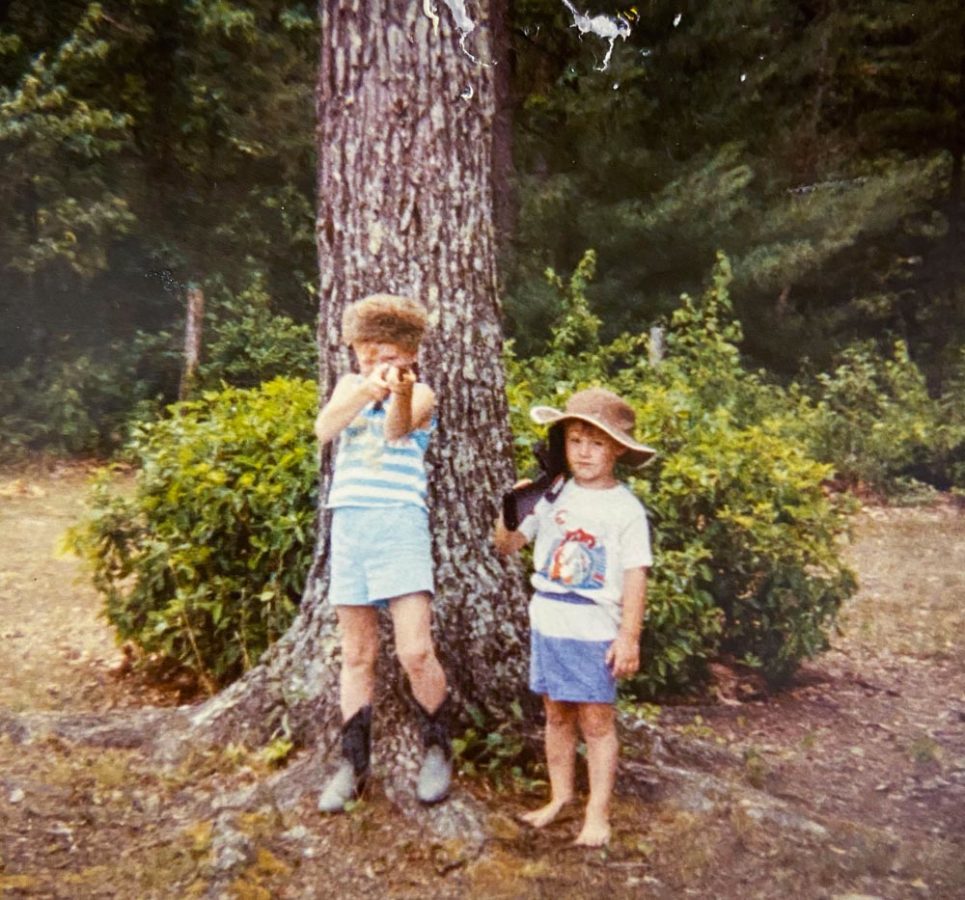
Editor’s Note: In light of the recent school shooting in Nashville, here is my 2020 post about the language we use around photography. I know there is controversy around the gun control debate, and this post may not make any difference. But maybe it will shift someone’s thinking and attitude in some very small way. The language we use matters and affects the way others feel. Much love and empathy.
Time For A Change
I grew up in the hills of rural East Tennessee. As a child, I learned how to shoot a gun in Shooting Sports and did target practice at 4-H Camp. My dad kept shotguns in the closet, and carried one at his job as a prison guard. Friends, family, and fellow church members all went hunting on a regular basis. Classmates would wake up early to go hunting before school, and arrive with their gun racks in their trucks loaded with their guns.
I worked at a convenience store that also sold hunting and fishing licenses and served as a “checking station” for deer hunters. Heck, they could even drop off their game around back at the processing and taxidermy shop that occupied the other half of the building, then return later to pick up their meat and newly mounted trophies.

The context of guns in my life has primarily revolved around toys, sport, and hobby. But this is not everyone’s experience in life. Many people’s experiences with guns are negative, and even the word “negative” is a gross understatement for many people’s experiences with them. Many people have lost multiple friends, family members, and other loved ones to gun violence.
I like to think of myself as an empathetic person and strive to be sensitive to others’ life experiences. No one ended up where they are in life, holding the views and opinions they hold, in an instant. Everyone has a journey through life, and no two journeys are identical.
So, when I’m having a conversation about a difficult topic with someone else, I try to keep all of this in mind. I’m definitely not always successful. But when I’m able to find out more about a person’s story and their background, it helps me to understand why they hold the opinions they hold, even if I don’t agree with them. And, if I’m lucky, I can sometimes even evolve my opinion on a topic thanks to knowing their story. It’s that added insight, that empathy, that can change your heart when you care more for others than you care about being “right.”
So, it is with that, that I would like to propose something for us all to consider. This is not a change that necessarily takes place in an instant or overnight. But just take a half a second to think before using this terminology…
Let’s stop using the word “shoot” when it comes to photography.
I’m saying this to myself as much as anyone else. I just used it this evening when talking to my wife. It’s not an easy thing to stop doing after doing it for years and years.
This is also not a new idea. It’s been around for a while I’m sure. But we as a world are currently experiencing a whole bunch of much needed change, so I figured why not consider this while we’re at it?
Let me be clear… This is NOT, I repeat, ABSOLUTELY NOT, even remotely near the top of the list of things to be worried about right now. But I do wonder if it’s a small change we can make in ourselves that can also have an impact on those around us.
Imagine that you’re a portrait photographer getting ready to start a session. You’re all set up and ready to go, your subject looks amazing and is excited. You turn to them and innocently say, “Alright, let’s start this shoot!” They flash a micro expression of a grimace, then quickly replace it with a smile and jump in front of the camera.
You don’t realize it, but they experienced a school shooting at age 9. That day flashed into their mind when you said, “Let’s start this shoot.” But they know it’s just part of the terminology, and they roll with it. But they’re suppressing those memories from their mind throughout the rest of the session, and the rest of the day after they leave. It’s not something they can completely avoid in life, but what if you were able to help them avoid it in that moment?
This is a hypothetical situation, but is it really that far-fetched?
If there’s something within our control that can help someone else, why wouldn’t we happily do it? If it comes at no cost or harm whatsoever to us, like avoiding certain terms that could potentially cause people mental anguish, then why wouldn’t we?
While we’re on the topic of not using certain words, let’s add “master” and “slave” to the conversation. Do I even need to make a case for these? We can easily use “remote/transmitter” and “receiver” instead. I believe most manufacturers have eliminated these terms from their official usage, but let’s drop these from our vocabulary immediately.
I know we photographers can be slow to change. It’s not always easy. But it just takes a second to pause and ask yourself, is it really necessary to use this word? If you say yes, then ask yourself, “Why?” Is it because, “That’s what everyone says!”? Or, “That’s the word I’ve always used!”? Or, “It just feels good to say it!”? Are any of those reasons more important than potentially causing harm to another person?
When we put ourselves in another person’s shoes, and I mean really take time to see it from their perspective, we become more empathetic to them. This makes us better people. There’s a reason it’s called The Golden Rule… “Do unto others as you would have them do unto you.”
You can see Brad’s work at BMOOREVISUALS.com, and keep up with him on Instagram and Twitter.



1 comment